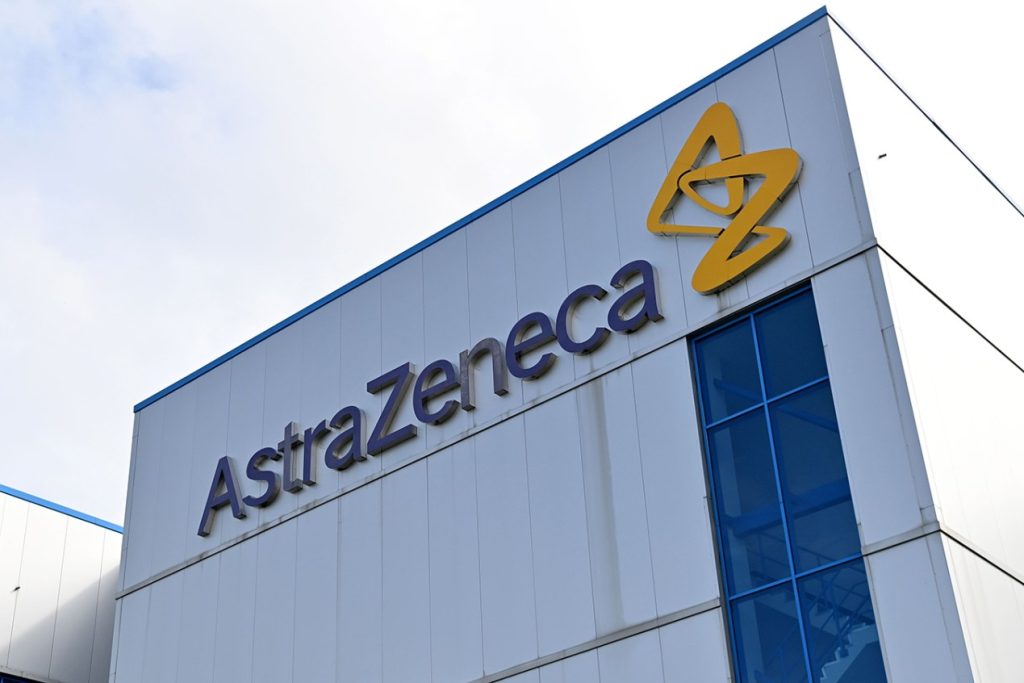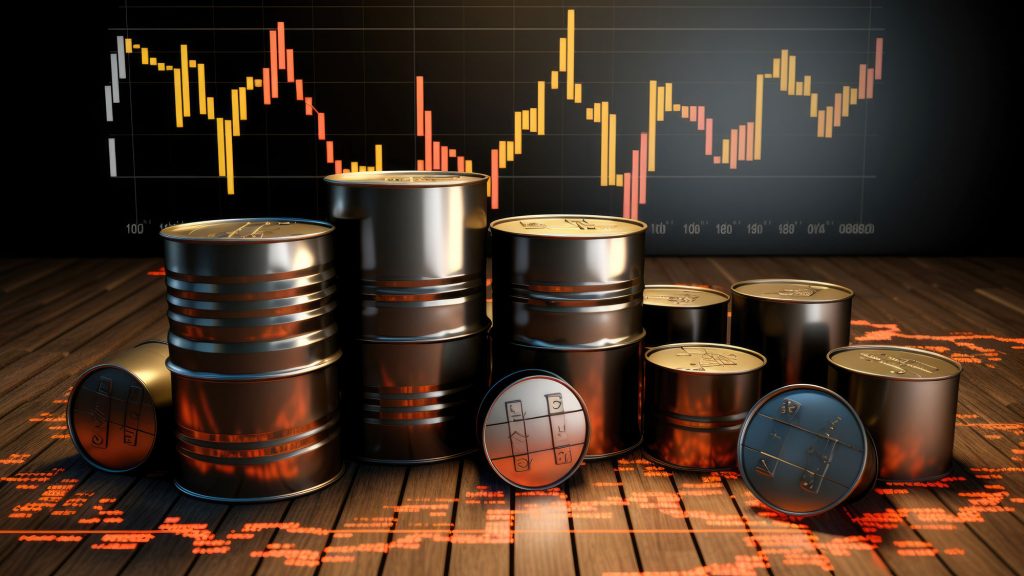(Reuters) – AstraZeneca raised its annual earnings forecast on Thursday, helped by strong demand for its cancer drugs, and moved to boost its pipeline in the booming anti-obesity market with a deal costing up to $2 billion.
The Anglo-Swedish company reported third-quarter profit and revenue just ahead of analyst expectations. For the third consecutive quarter, strong sales of its blockbuster cancer treatments and healthy demand in emerging markets offset the loss of sales of its COVID-19 vaccine and therapy.
The London-listed company also said it had bought an exclusive licence for an oral weight-loss drug candidate for up to about $2 billion from China’s Eccogene, aiming to join what is currently one of the fastest-growing pharmaceutical markets.
“I am excited about the acceleration of our cardiometabolic and obesity pipeline with today’s licensing agreement,” Chief Executive Pascal Soriot said in a statement.
AstraZeneca (NASDAQ:AZN) – one of the strongest performers recently among listed European pharmaceutical companies – reported core profit per share of $1.73 for the third quarter, exceeding the $1.69 per share expected in a company-compiled consensus.
Revenues of $11.49 billion came in just above the consensus forecast of $11.47 billion.
The company said it now expected core earnings per share to increase by a low double-digit to low-teens percentage for the year, compared with a previous forecast of high single-digit to low double-digit percentage growth. It also expects total revenue to increase by a mid single-digit percentage, compared with low-to-mid single-digit growth previously.
The results add to a string of strong quarters for Britain’s biggest company by market capitalisation – worth 159 billion pounds ($195 billion) – bolstered by nine medicines that delivered more than $1 billion in revenue in the first nine months of this year.
Its shares were up 3.3% at 0855 GMT.
Terence McManus, fund manager at Switzerland’s Bellevue Asset Management, said third-quarter revenue growth of 13% excluding COVID medicines showed “strong momentum”, but noted sales were in line with consensus. “Nothing too surprising here, nothing really to drive the stock particularly from this point.”
Sales in China excluding COVID products rose by just 1% on a constant currency basis – the fifth consecutive quarter of growth, but below the 7% increase in the second quarter. China accounted for 13% of AstraZeneca’s revenue last year.
The company, which is the largest foreign drugmaker in China, said there was some impact on sales there from reduced promotional activities following the launch of a government anti-corruption campaign in July targeting the bribing of doctors in drug and medical equipment sales.



